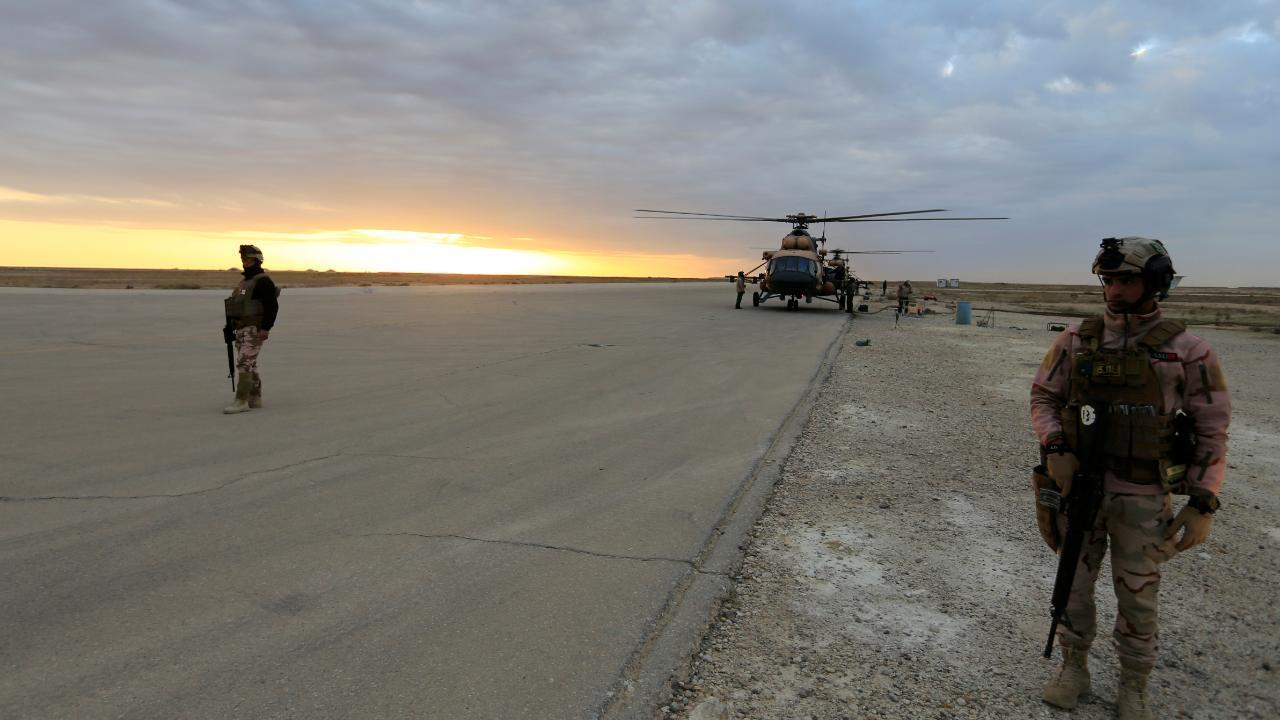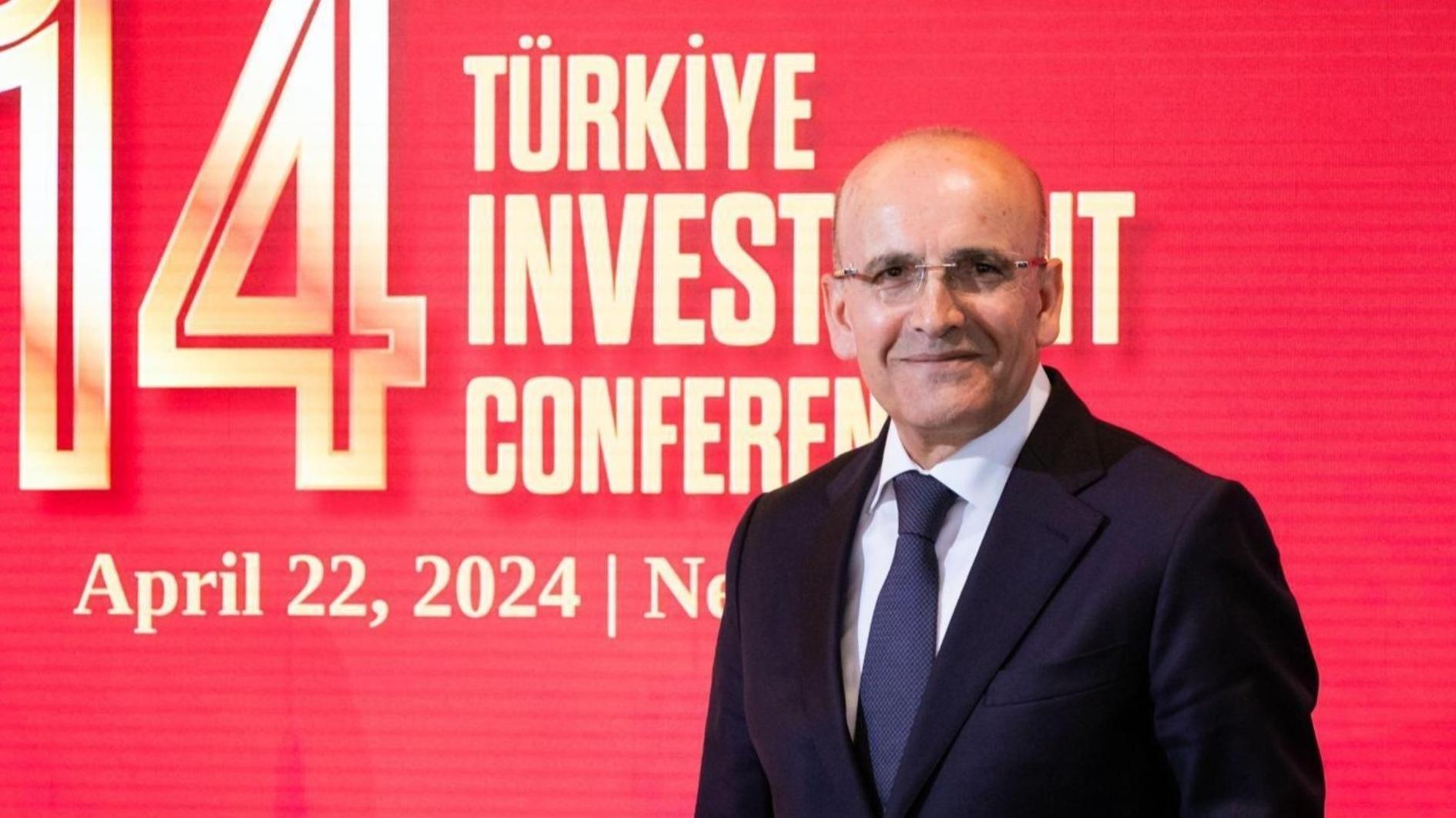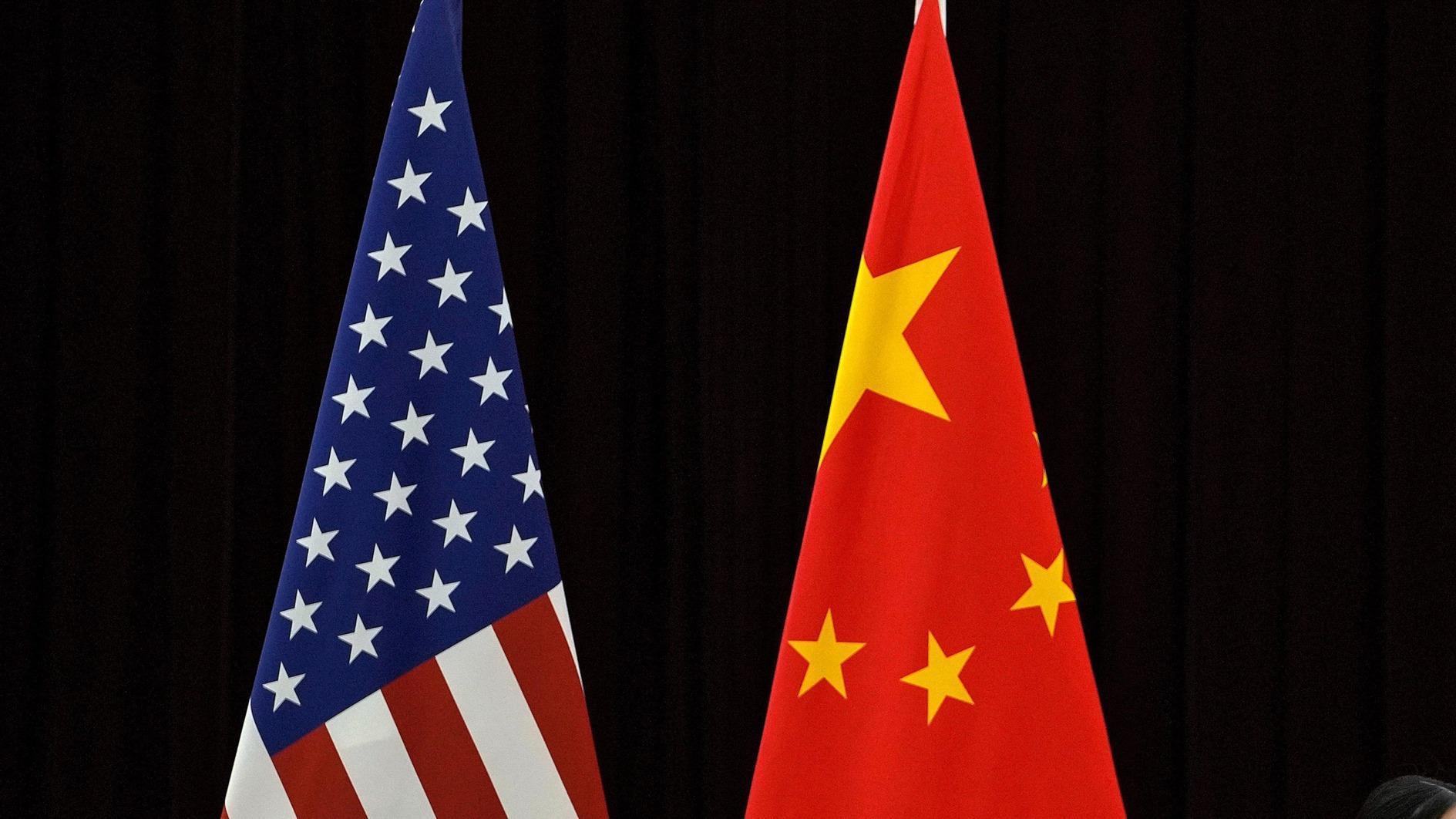World leaders react after Iran fires missiles at US targets in Iraq
ISTANBUL

Iran struck back at the U.S. early on Jan. 8 for killing a top Revolutionary Guard commander, firing a series of ballistic missiles at two military bases in Iraq that house American troops in a major escalation between the two longtime foes.
The world leaders quickly reacted after Iran fired more than a dozen missiles at U.S. troops and coalition forces in Iraq.
As tension increases, governments around the world are calling for a return to diplomacy and considering plans to withdraw their citizens.
'All is well!' President Donald Trump tweeted shortly after the missile attacks, adding, 'So far, so good' regarding casualties.
Trump later said he would make a statement on the attacks on Jan. 8 in Washington DC.
Iraq's military said there were no Iraqi casualties among its forces in the 22-missile attack on the two military installations.
"Iraq was subjected between 1:45 and 2:45 this morning of 8 January 2020 to bombardment by 22 missiles; 17 missiles fell on Ain al-Asad air base including two that did not explode ... and five on the city of Erbil that all fell on coalition headquarters. No casualties among Iraqi forces were recorded," the statement said.
Iraq's caretaker Prime Minister Adel Abdul-Mahdi said on Wednesday that Iran had notified Baghdad before striking.
"At midnight, we received an official verbal notice from the Islamic Republic of Iran that their retaliation over the assassination of martyr Qasim Soleimani had started or will start shortly," said a statement from his office.
Iraq was informed that the Iranian targets will be limited to locations where U.S. troops are stationed, it added.
NATO, Britain and EC condemn attack
Britain condemned Iranian missile attacks on military bases in Iraq that hosted U.S.-led coalition forces including British personnel.
"We condemn this attack on Iraqi military bases hosting Coalition - including British - forces," British Foreign Secretary Dominic Raab said.
"We urge Iran not to repeat these reckless and dangerous attacks, and instead to pursue urgent de-escalation."
European Commission President Ursula von der Leyen and top European Union diplomat Josep Borrell called for dialogue amid rising tensions between the U.S. and Iran.
“The use of weapons must stop now to give space for dialogue. We are called upon to do everything possible to rekindle talks. There cannot be enough of that. We have established and time-tested relations with many actors in the region and beyond to de-escalate the situation,” she said.
NATO Secretary-General Jens Stoltenberg also condemned Iran's attack on Twitter.
“I condemn the Iranian missile attacks on U.S. and coalition forces in Iraq. NATO calls on Iran to refrain from further violence. Allies continue to consult & remain committed to our training mission in Iraq,” he said.
German, Danish, Polish, Norwegian soldiers unharmed in Iraq
German Defense Minister Annegret Kramp-Karrenbauer said his country "rejects this aggression in the sharpest possible terms."
She told German public broadcaster ARD that "it's now particularly up to the Iranians not to engage in further escalation.'
None of the German troops stationed in Iraq were injured.
Meanwhile, Slovenia's defense ministry said its six soldiers stationed in northern Iraq with a German-led training mission will be evacuated after their base came under Iran's missile attack.
The soldiers were unhurt, the ministry said, adding that the evacuation will be conducted "in cooperation with the German partners.'' It did not say where the soldiers will go.
The Danish armed forces said in a post on Twitter that no Danish soldiers were injured or killed in Jan. 8's missile strike on the Al-Asad airbase in Iraq.
Denmark has about 130 soldiers at the base as part of the international coalition fighting the ISIL in Iraq and Syria.
Poland's defense minister said polish troops stationed in Iraq were not hurt during the missile attacks.
"None of the Polish soldiers in Iraq were hurt in rocket attacks on Al-Asad and Erbil bases. We are in constant contact with the commander of the Polish Military Contingent in Iraq," Mariusz Blaszczak wrote on Twitter.
Norway's Defense Minister Frank Bakke-Jensen also confirmed in a written statement that some 70 soldiers of them in Iraq are safe.
“I am deeply concerned about the dramatic escalation we have seen in recent days. I urge all parties to help calm the situation down and prevent it from escalating out of control,” said the statement.
An anonymous NATO official told Anadolu Agency that there are no casualties among the alliance's personnel in the Iraqi training mission.
Kuwait says the report of US troop withdrawal incorrect, KUNA agency hacked
Kuwait's government said on Jan. 8 state news agency KUNA had been hacked and this had resulted in an incorrect report being issued saying U.S. military forces in Kuwait would be withdrawn imminently.
Tareq al-Muzarem, head of Kuwait's government communication office, announced the hacking of KUNA in a statement on an official Twitter account.
KUNA said the incorrect U.S. troop withdrawal report, which appeared on KUNA's Twitter feed, did not originate from the agency and was the result of a hacking. It did not say who might be to blame.
The initial report had said Kuwait's defense minister had received a letter from a U.S. commander saying American forces would be withdrawn from a camp in Kuwait in three days.
Israel says supports US
Meanwhile, Israeli Prime Minister Benjamin Netanyahu on Jan. 8 reiterated his support for the U.S. killing of Soleimani.
He said Israel "stands completely" beside Trump's decision, saying the latter should be congratulated for acting "swiftly, boldly and resolutely."
Netanyahu also warned that his country would strike back hard against anyone who attacked it.
"Whoever tries to attack us will be dealt the strongest blow," Netanyahu said in Jerusalem.
China concerned about Mideast spike in tensions
China’s foreign ministry has expressed concern about the spike in tensions in the Middle East and said it hopes matters can swiftly “cool off.”
Foreign Ministry spokesman Geng Shuang told reporters on Jan. 8 that Beijing has called for restraint by all sides and is in close consultation with the governments involved, including at the United Nations and through China’s embassy in Baghdad.
Geng also accused the U.S. of abusing the rights of people in the region through its military actions.
Russian lawmaker warns of risk of nuclear war
In the meantime, Russian lawmaker Vladimir Dzhabarov warned that a conflict between the U.S. and Iran might lead to a nuclear war.
“Reciprocal strikes by the U.S. and Iran may lead to an all-out war in the region,” said Dzhabarov, a lawmaker with Russia’s upper house of parliament.
“If Washington sees that it can’t achieve its goals, there’s a danger of a nuclear war," he added.
Dzhabarov said the U.N. Security Council should get involved to prevent further escalation in the Middle East.
Italy calls for restraint
Italian Foreign Affairs Minister Luigi di Maio called for restraint amid the heightened tension in the region.
“We reiterate our firm appeal to all actors to exercise restraint and refrain from further mutual provocation. Instead, political and diplomatic efforts must be intensified to normalise the situation and restore security in the area,” said the statement.
Maio ruled out “military option” to solve the crisis, saying: “Further instability in the region will have direct and long-term consequences on security on a global scale.”
UAE urges 'political path towards stability'
The United Arab Emirates Minister of State for Foreign Affairs Anwar Gargash said it is essential that the region pulls back from current "troubling" tensions.
"De-escalation is both wise and necessary. A political path towards stability must follow," Gargash said on Twitter.
Canada issues travel warning
Canada issued a travel warning asking its citizens to avoid "non-essential" travel to Iran, hours after Iran launched missile attacks on U.S.-led forces in Iraq.
The statement from the Canadian government cited the ongoing volatile security situation, the regional threat of "terrorism" and the risk of arbitrary detention.
Canada also asked its citizens to "avoid all travel" to the area within 10 kilometers of Iran's border with Iraq.
















